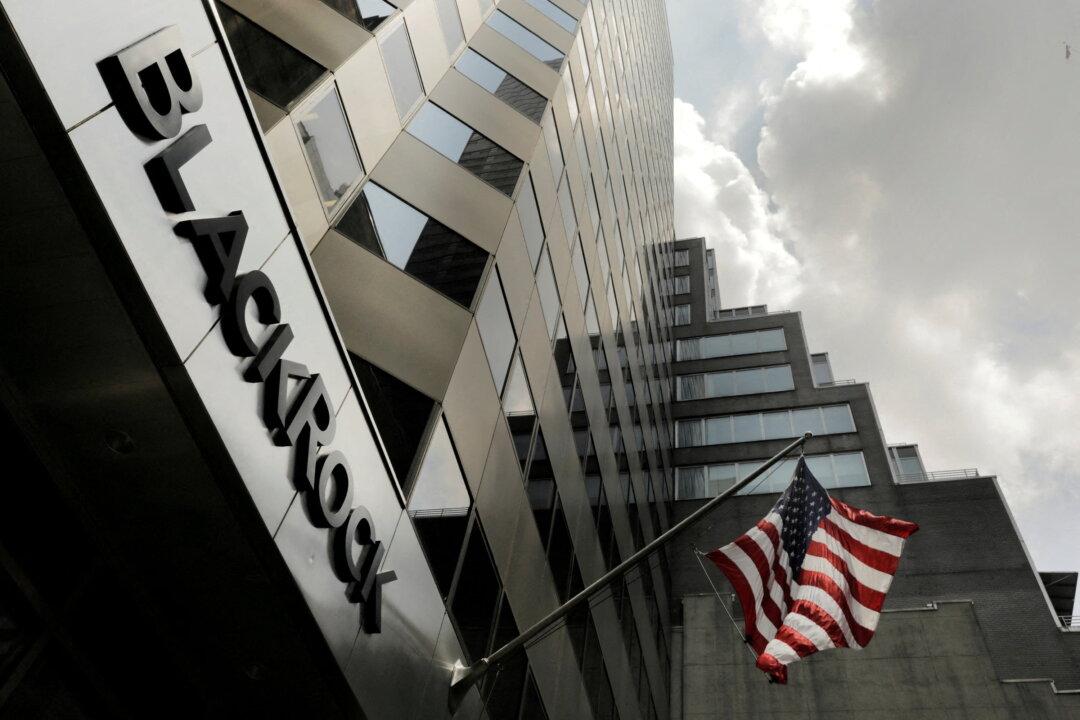A string of Republican states have announced they are pulling out their investments in the world’s largest asset manager, BlackRock, due to concerns over the company’s move to embrace environmental, social, and governance (ESG) investment strategies.
In an interview with the Financial Times, Curtis Loftis, South Carolina’s state treasurer, said he would pull $200 million from BlackRock by the end of the year.




